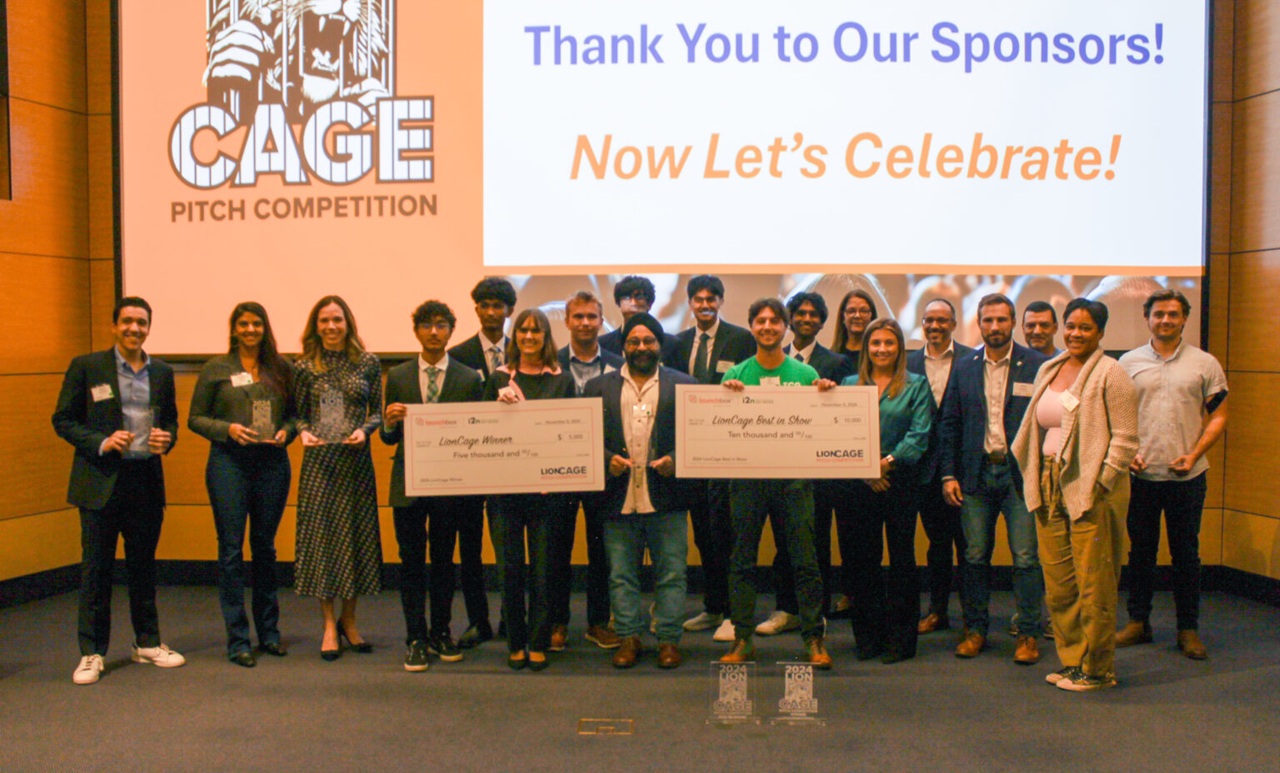
Paola Santana, the Latina businesswoman behind public procurement in the U.S.
This Latino attorney and tech entrepreneur is credited with creating the next breakthrough in government systems.
The well-known and multifaceted Latina technology entrepreneur, Paola Santana, continues to consolidate herself in an industry dominated especially by men.
Santana, who in addition to being a lawyer and expert in public procurement, is also a bold entrepreneur in the technology sector. She has become one of the most relevant CEOs in this industrial sector, all without neglecting her role as a professor at Singularity University and a mentor for the Social Entrepreneurship Labs Incubator at Stanford University and Google AI.
This prominent Latina CEO is the founder and CEO of Social Glass, a government software that uses artificial intelligence and exponential technologies to digitize, optimize, and scale public contracting systems and processes, thus enabling better decision-making in the public sector.

In the middle of an intervention in the 4th National Conversation with Latina Leaders: Latinas and Success, Santana recounted the experience of being a Latina businesswoman in an industry dominated by men.
Santana, who was able to overcome stereotypes and find success as a Latina entrepreneur in the U.S. tech industry, noted:
It’s very hard to see where you can get when you don’t see someone like you doing those things.
This successful businesswoman, with more than 12 years in these industries, refers, of course, to the unfavorable environments that prevent more women from standing out in corporate settings, highlighting among the different obstacles, the lack of recognition and the minimization of their credentials and their work.
“Every woman that is running anything from their little business in their brain, is just like, ‘Oh, this is my side business.’ Like, No, you’re the CEO of that business. That’s number one. So to every woman out there that doesn’t feel like they’re running something, just own your title. You are the CEO of that thing that you’re running day to day, whether that’s a project internally in a big corporation, or that’s your own business,” Santana underlined, inviting businesswomen to empower themselves in their different roles.
Santana's Career
Although she initially worked as a lawyer in the Dominican Republic, Santana evolved and, seeking to create change and opportunities worldwide, found her way through the fusion between government and technology, a path that allowed her to co-found the first Constitutional Court in her country.
This Dominican is also recognized in the industry for her ability to create projects from scratch at the intersection of the public, private, and regulatory domains, as well as her track record in introducing cutting-edge technologies into highly regulated markets.
RELATED CONTENT
Among her most recent achievements, her passage through the co-writing of the public-private association that allows the first multi-state Hyperloop system in the United States, stands out. Santana also co-founded Matternet, a Silicon Valley company that pioneered drone logistics networks, which “engaged with The White House, US Congress, FAA, and NASA to enact the first drone regulation in the United States in 2016, and became the world’s first drone delivery platform authorized for permanent operations over a populated city in 2017.”
Latinas in male-dominated industries
Santana also spoke about the need for more diverse people on boards.
“It’s hard to see where you can go when you are the first one doing it in your industry or there aren’t others like you to look up to. You’re going to be uncomfortable, but you’re creating a new vision for what that role can be for you and for many people behind you,” said Santana.
Santana stresses that industry leaders and pioneers must work to prioritize diversity on their boards to make them more global and inclusive.
“I tell everybody, investors, and people that work with me, I tell them: What’s the point? How can you create global products, if you don’t have a global team? And a global team means that you need to have diverse people at the table,” noted Santana.
The executive, who continues to work to bring more women to the board of directors, concluded: “So I do believe that is important to yes, inspire others, but also to tell others, you know what you’re doing, nobody has done it. So you need to duel the pros and cons. You’re a little bit alone, but at the same time, that means you don’t have to fit into anybody’s mold because you’re a whole new category of something. And I feel like that’s how I’ve carved my way into what I’m doing right now.”











LEAVE A COMMENT: